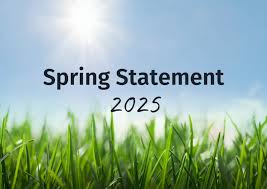Renting out a spare room in your house is one way to bring in a little extra income. But did you know that you can claim rent-a-room relief rather than calculating the actual costs incurred.
Claiming rent-a-room relief will generally simplify the administration burden and reduce (or even eliminate) the tax charge. But what are the key rules to bear in mind?
What is rent-a-room relief?
Rent-a-room relief is a tax relief that’s available for people who rent furnished rooms in their home for residential purposes. It does not apply to unfurnished rooms, and does not apply where the rental is for an office or other business purposes.
Who can claim the relief?
The relief can be used by a resident landlord who takes a lodger into their place of residence – i.e. where you and your lodger live in the same property. You can also claim the relief if you’re providing guest-house or bed-and-breakfast (B&B) services.
How much relief can be claimed?
The amount of relief is capped at £7,500 (£3,750 each if split between two joint owners). If the income from the rented room (including amounts for goods and services like meals, cleaning and laundry) are below that level, no tax reporting is required and profit is treated as nil.
If the income from the room is above £7,500, taxable profit can be calculated by deducting either £7,500 or by deducting the actual costs and capital allowances that are applicable.
Talk to us about rent-a-room relief
If you’re thinking about earning some extra income from letting out part of your home, come and talk to us. We’ll explain the available reliefs, including the rent-a-room scheme, and can also outline the recordkeeping and filing that will be needed as a landlord.
If you think that the scheme may apply to you, we’ll be very happy to help.



